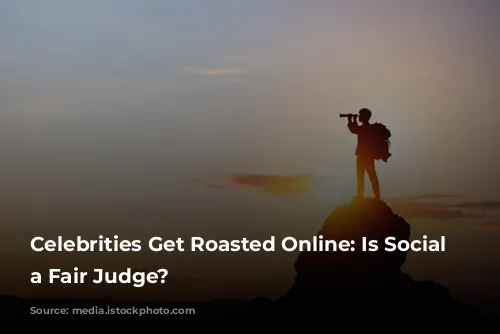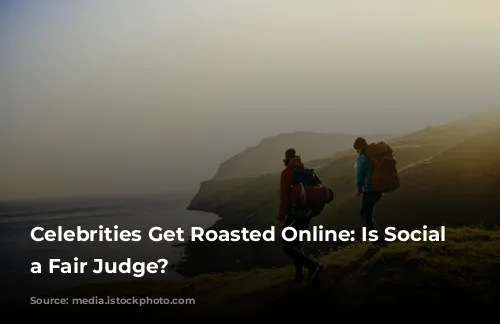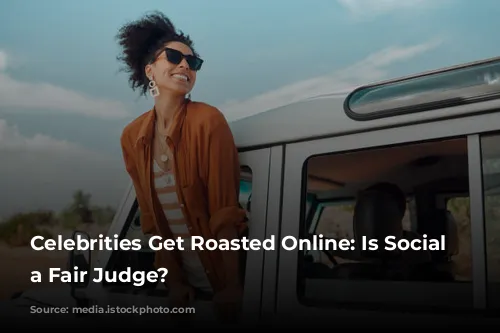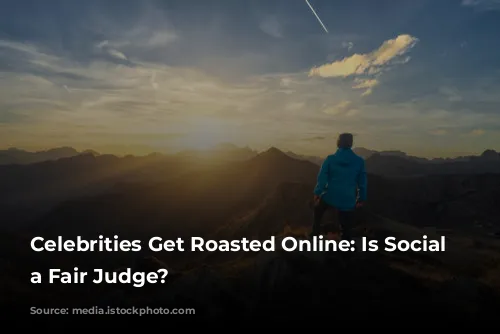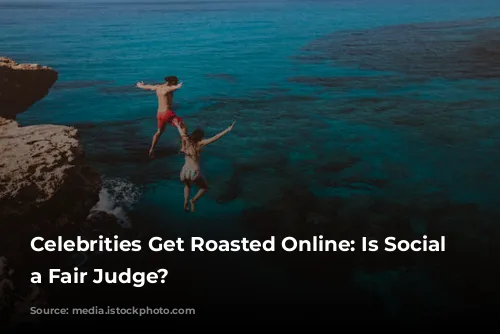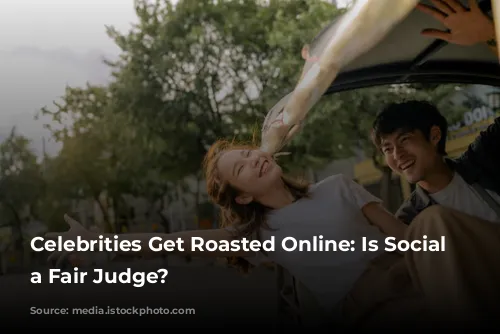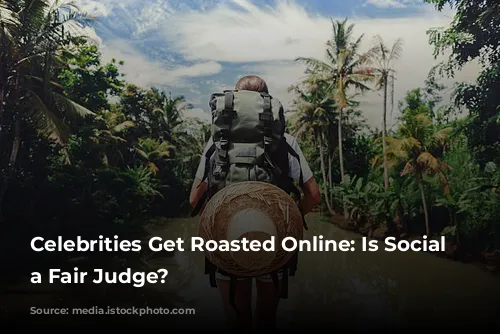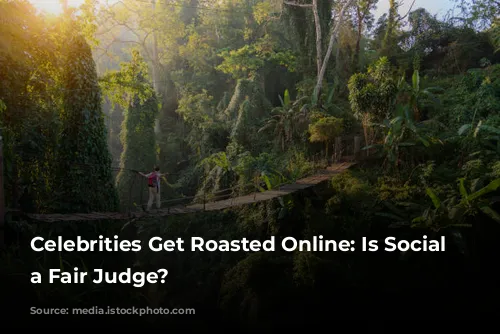It seems even superstars aren’t immune to the pitfalls of online outrage. Even during the Paris Olympics, a famous athlete was publicly criticized after an alleged incident at a luxury restaurant. Serena Williams, the tennis legend, took to social media to voice her frustration after being denied access to the rooftop restaurant at the Peninsula Paris.
She claimed the restaurant, despite being seemingly empty, refused her entry, stating it was “fully booked.” However, the restaurant responded with a statement, apologizing for the inconvenience and clarifying that the available tables belonged to a separate, fully reserved, gourmet restaurant. While the exact details remain unclear, the incident quickly spiraled into a heated debate online.
The internet, particularly platforms like TikTok, has become a new battleground for airing grievances. Whether it’s a bakery refusing a specific cake order or a tattoo artist botching a design, people are quick to turn to social media to share their frustrations and seek validation.
This trend of online venting, fueled by the desire to be heard and validated, has created a new form of online justice. Experts believe it’s not simply about an isolated incident but about the urge to take sides and find solidarity in a shared outrage, even if they have no personal connection to the situation.
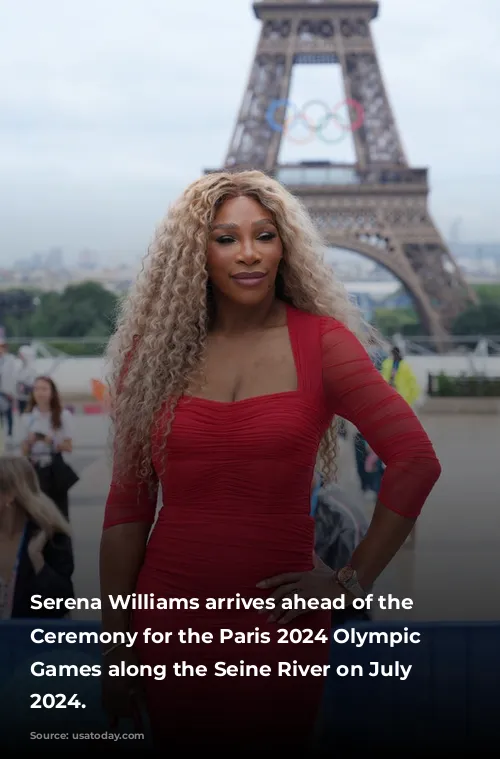
The Power of Validation: When Social Media Becomes a Judge and Jury
This urge to seek online validation and rally support often stems from a feeling of powerlessness. When we feel wronged, the act of posting our grievances online can be seen as a way to reclaim control and seek justice.
“It’s almost like a digital form of seeking reassurance from the masses,” says clinical psychologist Dr. Andrea Bonior. “When people agree with you, it can be a way to feel validated and empowered.”
This phenomenon is particularly amplified when the person being criticized is a celebrity. After all, even celebrities can feel powerless when they feel unfairly treated, especially when their identity or reputation is being challenged.
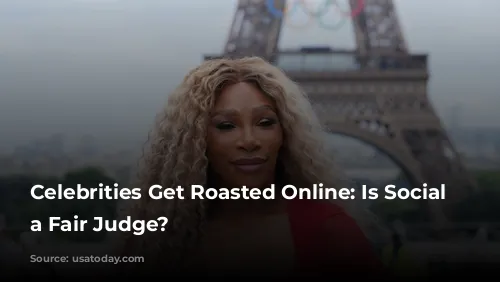
Is Online Outrage Justified? The Ethics of Digital Mobs
While it’s understandable why people are drawn to online drama, it’s worth considering if the punishment always fits the crime. In the case of Serena Williams, the restaurant’s alleged actions, if true, might have been insensitive, but does the public shaming and barrage of negative comments constitute a fair response?
Experts suggest that our fascination with online conflict stems from our innate desire for justice and our need to find meaning in the chaos. It’s like a voyeuristic thrill of watching real-life drama unfold, and people feel compelled to participate in the unfolding narrative.
But while it’s easy to get caught up in the rush of online outrage, it’s crucial to remember that social media platforms are not always the best venue for dispensing justice. The online world, fueled by negativity bias, can often amplify misunderstandings and lead to unjust consequences for those caught in the crosshairs.
The next time you encounter a heated online debate, take a moment to reflect on your own motivations and the potential consequences of joining the mob. Is it a genuine desire for justice, or are you merely seeking validation and a temporary escape from your own reality?

